On March 23, 2023, the United Kingdom passed the Genetic Technology (Precision Breeding) Bill, a meaningful step towards securing the Island’s food security.
This law is a significant step that will allow British farmers to grow disease and drought-resistant crops, reduce the use of pesticides and fertilizers, and breed animals that can withstand certain diseases.
This legislation is accompanied by a watertight regulatory framework that safeguards the welfare of animals, a science-based authorization process for food and feed products developed by precision breeding, and a notification system for gene-edited organisms.
Food prices are rising because of high production costs and loss of yields due to pests, diseases, and extreme weather events.
At a time when food poverty is a prominent political issue, it is refreshing to see long-term sustainable solutions being put in place.
According to a survey conducted in April 2022 by the Food Foundation, about 15.5 percent of households in the UK were classified as food insecure.
Globally, food prices are rising because of high production costs and loss of yields due to pests, diseases, and extreme weather events.
Precision breeding allows genetic changes in either crops or livestock to produce beneficial traits that can occur in traditional breeding.
Therefore, enacting laws such as the Precision Breeding Act is a timely solution to a ticking time bomb.
Many countries are grappling with food insecurity.
Yet, very few have considered adopting precision breeding to solve this problem.
In the European Union (EU), for example, there has yet to be a consensus on the application of gene editing in agriculture.
A meeting of twenty-six agriculture ministers from EU countries in September 2022 demonstrated different perspectives.
While 20 countries voted to adopt gene editing in plant breeding, six wanted a precautionary approach.
The UK joins a list of other countries, such as Argentina, Australia, Japan, and the United States, that have passed the precision breeding law.
Precision breeding allows genetic changes in either crops or livestock to produce beneficial traits that can occur in the traditional breeding process, albeit longer.
Unlike genetic modification, which uses transgenes from other species, precision breeding involves genetic editing of an organism’s genetic code to produce a desired trait.
This new law is a welcome move in the biotech industry, as it will help develop resilient food systems.
This law ensures improved access to food for consumers as farmers are guaranteed yields that will meet market demands.
The UK joins a list of other countries, such as Argentina, Australia, Japan, and the United States, that have passed the precision breeding law.
African scientists must speak collectively and present a solid Bill to our legislatures for debate and adoption into law.
Why is precision breeding important in the current context?
Across the globe, there is an overreliance on pesticides in food production, which negatively affects biodiversity, soil health, and increases the need to use more fertilizers.
This vicious cycle is unreliable and unsustainable, as it does not guarantee the required yields.
The European Sustainable Agriculture through Genome Editing (EU-SAGE), a network of 134 plant research centers, has taken a step to provide reliable and factual information about genome editing and its impact on sustainable agriculture and food production.
A report by EU-SAGE shows that genome editing is currently being used to modify genomic DNA in various crops, including barley, wheat, corn, tomato, rice, potato, soybean, and canola.
In Africa, several scientists are leading the way in adopting gene editing technology to restore preferred staples such as bananas and sorghum.
“While the European Union is reconsidering the opportunity costs of not adopting New Genetic Technologies (NGTs) such as genome editing, the Alliance for Science is supporting scientists across the Global South to gain mastery of these techniques and to explore targeted applications which will likely have the most valuable impact on the lives of the poorest and vulnerable,” said Dr Sheila Ochugboju, the Executive Director of Alliance for Science.
Food insecurity is one of the biggest challenges in sub-Saharan Africa, and gene editing offers a solution to guarantee production and improve farmers’ income.
“This Act means that we will start to see the outcomes of our research being used to develop more resilient crops and foods that are more nutritious.”
African scientists must speak collectively and present a solid Bill to our legislatures for debate and adoption into law.
“Beyond the luxuries of choice which target commercial applications or aesthetic considerations in the Global North, we need to look at the necessity of more climate-smart interventions for agriculture and better precision medicine for neglected diseases in the Global South,” Dr Ochugboju added.
The passage of the Precision Breeding Act in the UK was a mutual effort by scientists, scientific institutions, and the Department for Environment, Food, and Rural Affairs (Defra).
Following the passage of this law, leading plant scientists in the UK reacted buoyantly to the news.
“The passing of the Bill is a positive step forward for research and innovation and will align England’s regulatory path with other countries. We have used precision breeding techniques for the last ten years as a research tool to further our understanding of plants, determining which genes underpin which characteristics,” said Dr Penny Hundleby, Senior Scientist in the Crop Transformation group at the John Innes Centre.
“This new Act means that we will start to see the outcomes of our research being used to develop more resilient crops and foods that are more nutritious.”
Professor Neill Hall of Earlham Institute said precision breeding would support sustainable crop production with improved nutritional content while minimizing environmental harm.
“This Bill is a crucial development that opens up new possibilities for science and innovation to transform the pace of agricultural research and development. The UK, along with countries, is in a race to climate-proof food systems, and conventional breeding alone cannot keep up with the rapidly changing challenges of new growing conditions,” said Professor Giles Oldroyd, Director of the Crop Science Centre, University of Cambridge.
“Precision breeding through gene editing allows scientists to accelerate what might otherwise be possible through natural processes and conventional breeding over a longer time frame. UK science and research has made extraordinary advances in this field over the last 30 years, and this law expands the remit of scientific exploration, which can only bring benefits.”
Professor Jane Langdale of the University of Oxford said that the passage of this law would lead to the production of robust and healthy food crops with low carbon footprints.
Professor Sophien Kamoun of The Sainsbury Laboratory celebrated the lifting of the shackles on genetic editing.
Scientists must invest in awareness and education to ensure the public gets the correct information.
With this move, scientists can develop crops resilient to environmental stress and diseases.
Even as we celebrate the passage and adoption of precision breeding law, scientists must invest in awareness and education to ensure the public gets the correct information.
Otherwise, misinformation and disinformation on gene editing will hold back a technology that has massive potential to transform food production.
Dr Oria (PhD) is LEAD Fellow, Prof Janine Erler Research Group, Biotech Research and Innovation Centre – University of Copenhagen, Denmark.
O artigo foi publicado originalmente em Cornell Alliance for Science.


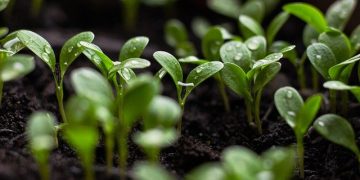
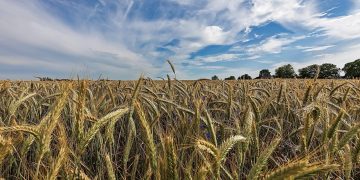


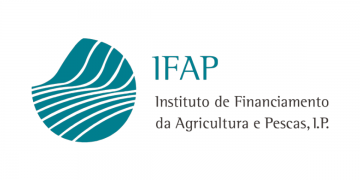

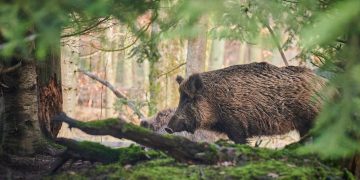
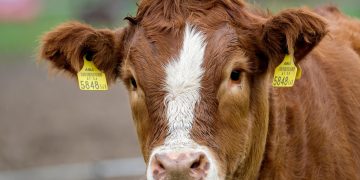














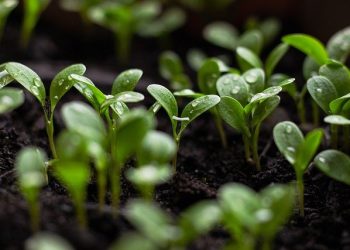
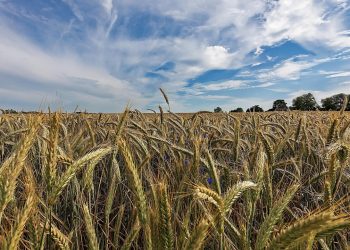





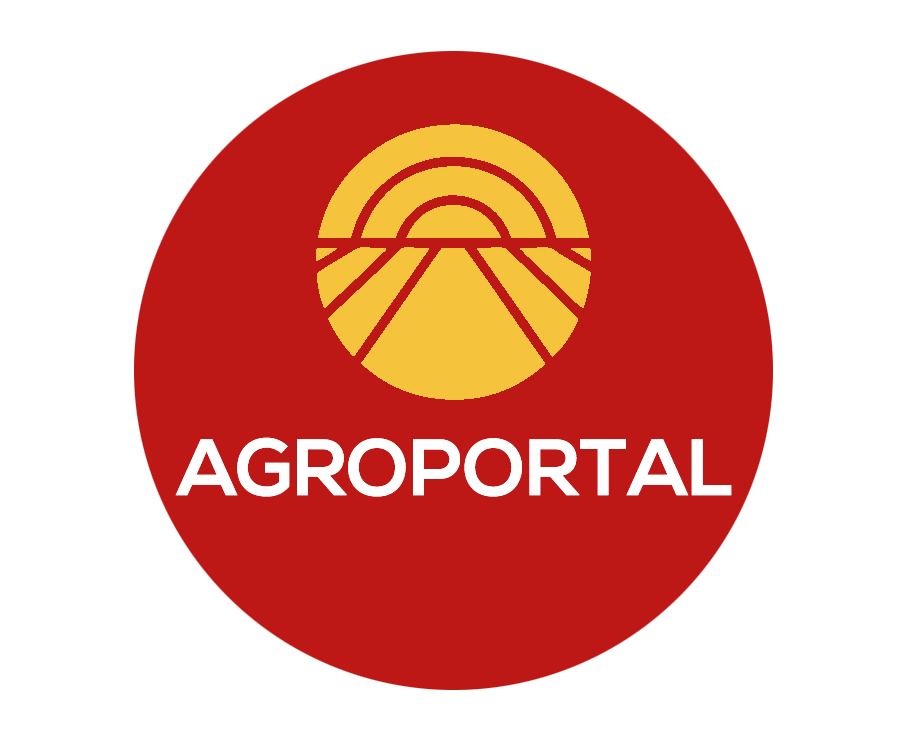























Discussão sobre este post